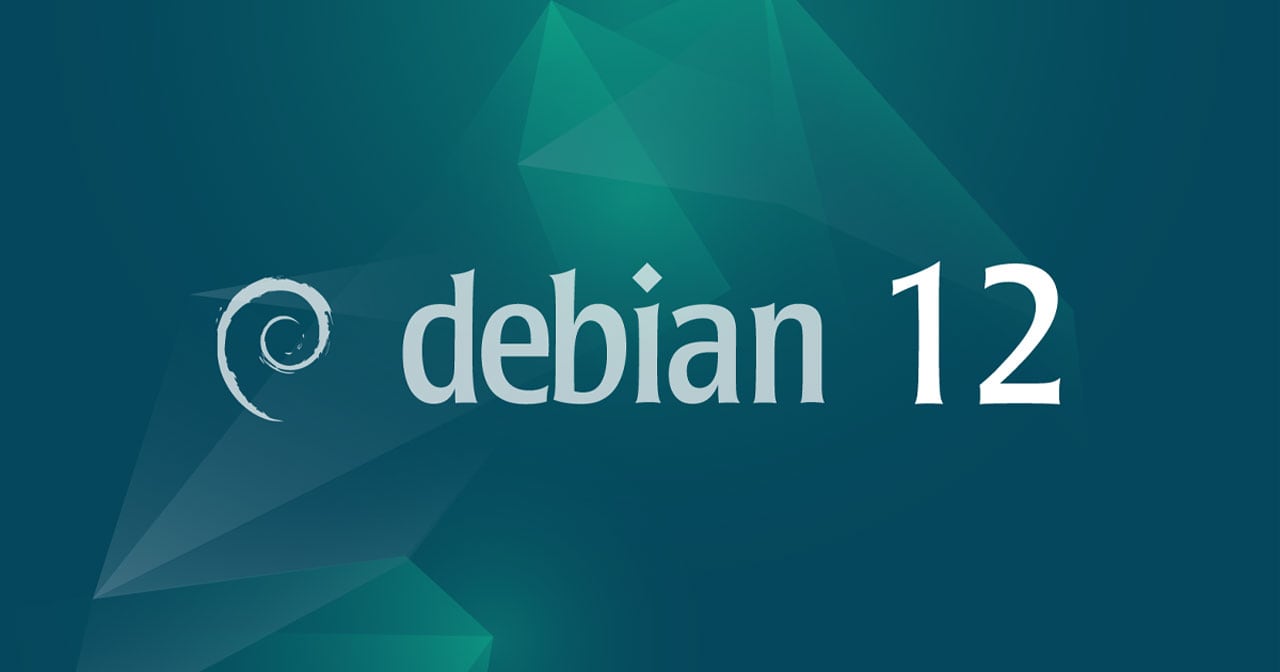Thanks to Teklan Hosting
A big thank you to Teklan Hosting for providing us with a server. Their support has made it possible for us to create and share this guide with you.
We appreciate Teklan Hosting’s contribution to our project – Give them a look if you need a VPS, Web hosting, Domains or dedicated servers and much more!
Securing your Debian 12 server is of utmost importance in a time when cyber threats are more prominent than ever. This advanced guide aims to equip you with the strategies to ensure your server remains secure and resilient against potential attacks. We’ll delve into setting up a firewall, server hardening, intrusion detection, secure remote access, and routine security auditing.
Setting Up a Firewall
A firewall acts as the first line of defense, controlling incoming and outgoing network traffic based on predetermined security rules. Debian comes with iptables and nftables, but for ease of use, you can use UFW (Uncomplicated Firewall).
To install UFW, use sudo apt install ufw. After installation, enable UFW with sudo ufw enable. By default, UFW denies all incoming connections and allows all outgoing connections. Configure it to allow specific incoming connections using sudo ufw allow port/protocol.
Server Hardening
Hardening your server includes minimizing attack surfaces, updating the system regularly, and fine-tuning user access.
Minimize Attack Surfaces: Remove or disable any unnecessary services and applications with sudo systemctl disable service.
Regular Updates: Always keep your system up-to-date with sudo apt update and sudo apt upgrade.
Fine-tune User Access: Limit the use of the root account, use sudo for administrative tasks, and configure sudo privileges wisely. Moreover, ensure strong password policies and consider two-factor authentication.
Intrusion Detection with Fail2Ban
Fail2Ban is an intrusion prevention software that protects your server from brute-force attacks. It works by monitoring system logs for any malicious activity and then banning suspicious IP addresses using firewall rules.
Install Fail2Ban using sudo apt install fail2ban. Then, configure it according to your needs by editing /etc/fail2ban/jail.conf.
Secure Remote Access
Secure Shell (SSH) is typically used for remote server management. However, default SSH configurations can be a potential security loophole.
Change the default SSH port from 22 to a higher port number.
Disable root login over SSH by editing /etc/ssh/sshd_config and setting PermitRootLogin to no.
Implement SSH key-based authentication instead of relying solely on passwords.
Routine Security Auditing
Regular security audits can help identify potential vulnerabilities before they’re exploited.
Use tools like lynis and rkhunter for regular security auditing.
Implement system monitoring and log management. Tools like logwatch can send daily reports about your server’s activity.
Backup Regularly
Regular backups are a crucial aspect of server security. In case of system failure or data corruption, backups provide a way to restore your data. Use tools like rsync or services like duplicity for your backup needs.
Conclusion
Securing a Debian 12 server is a multifaceted task that requires an understanding of many aspects, including firewalls, intrusion detection, server hardening, secure remote access, and regular security auditing. By applying these techniques and keeping up-to-date with the latest security best practices, you can maintain a strong defense against most common threats. Remember, security is an ongoing process and not a one-time task. Always stay vigilant.
